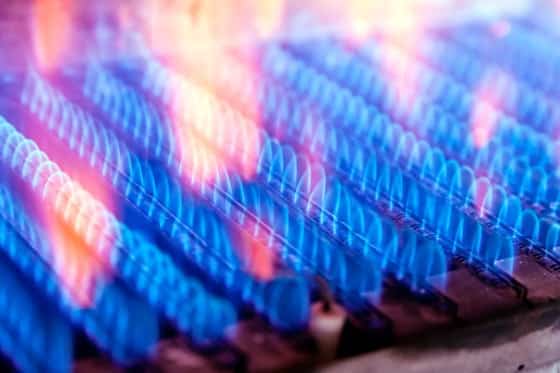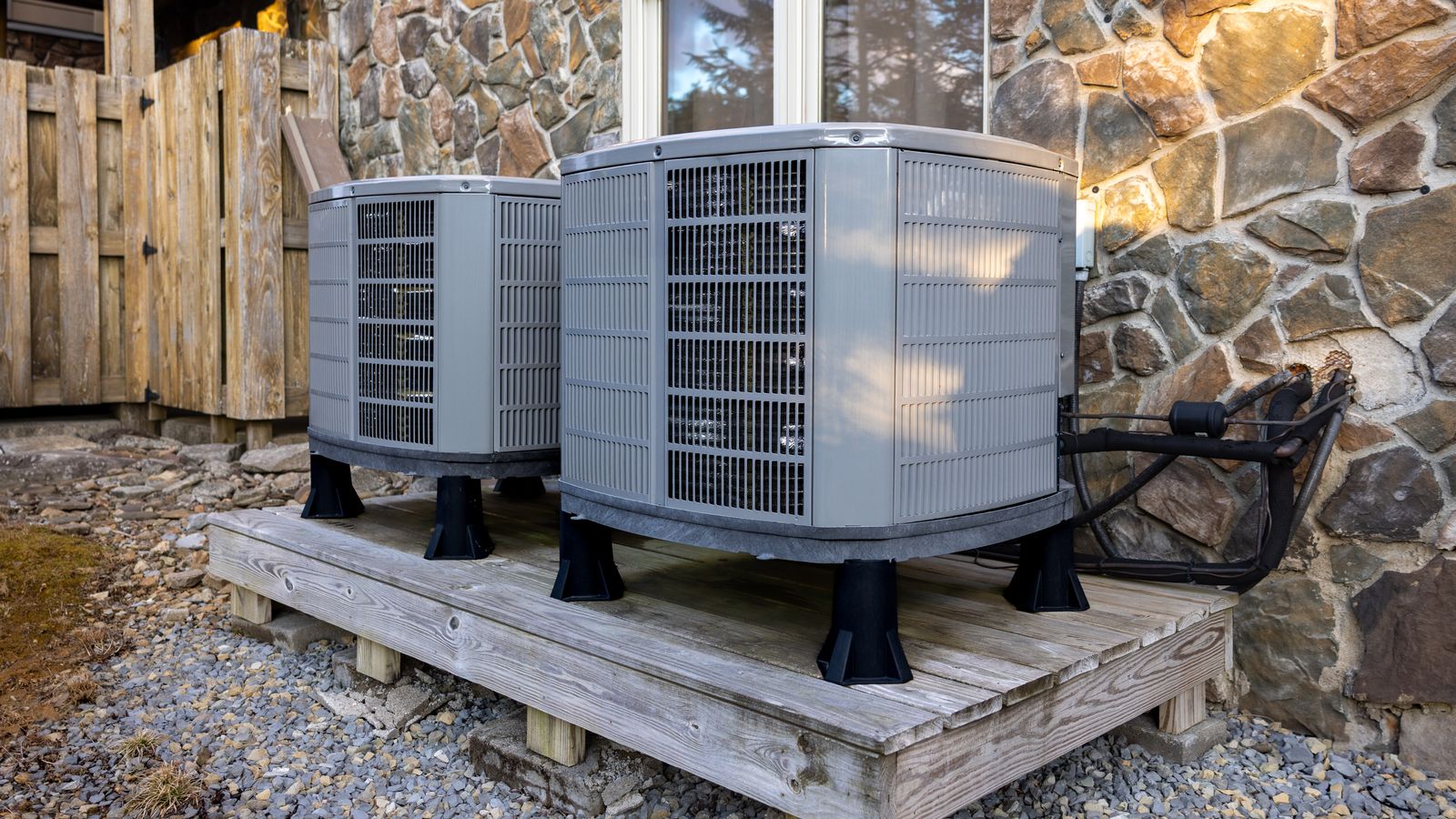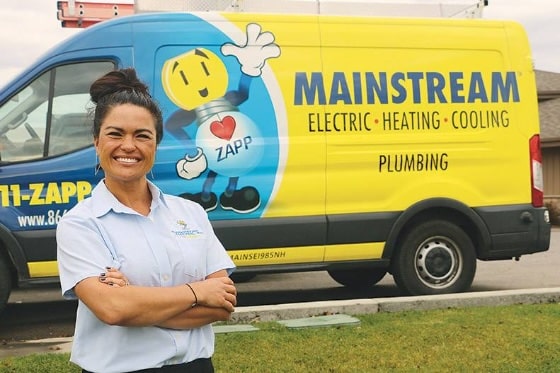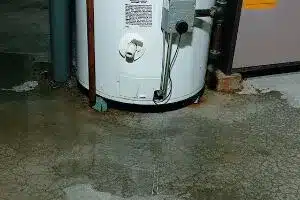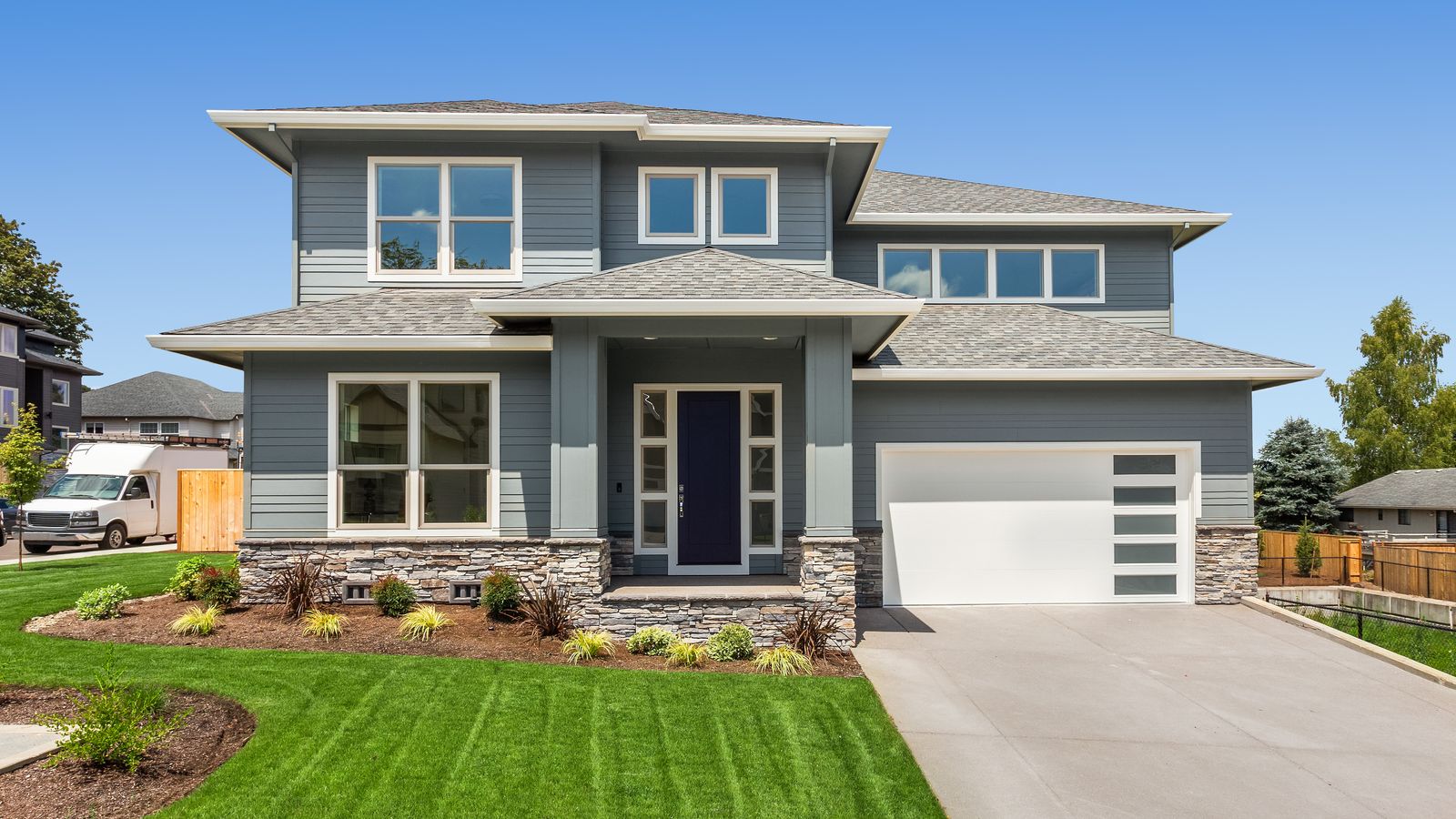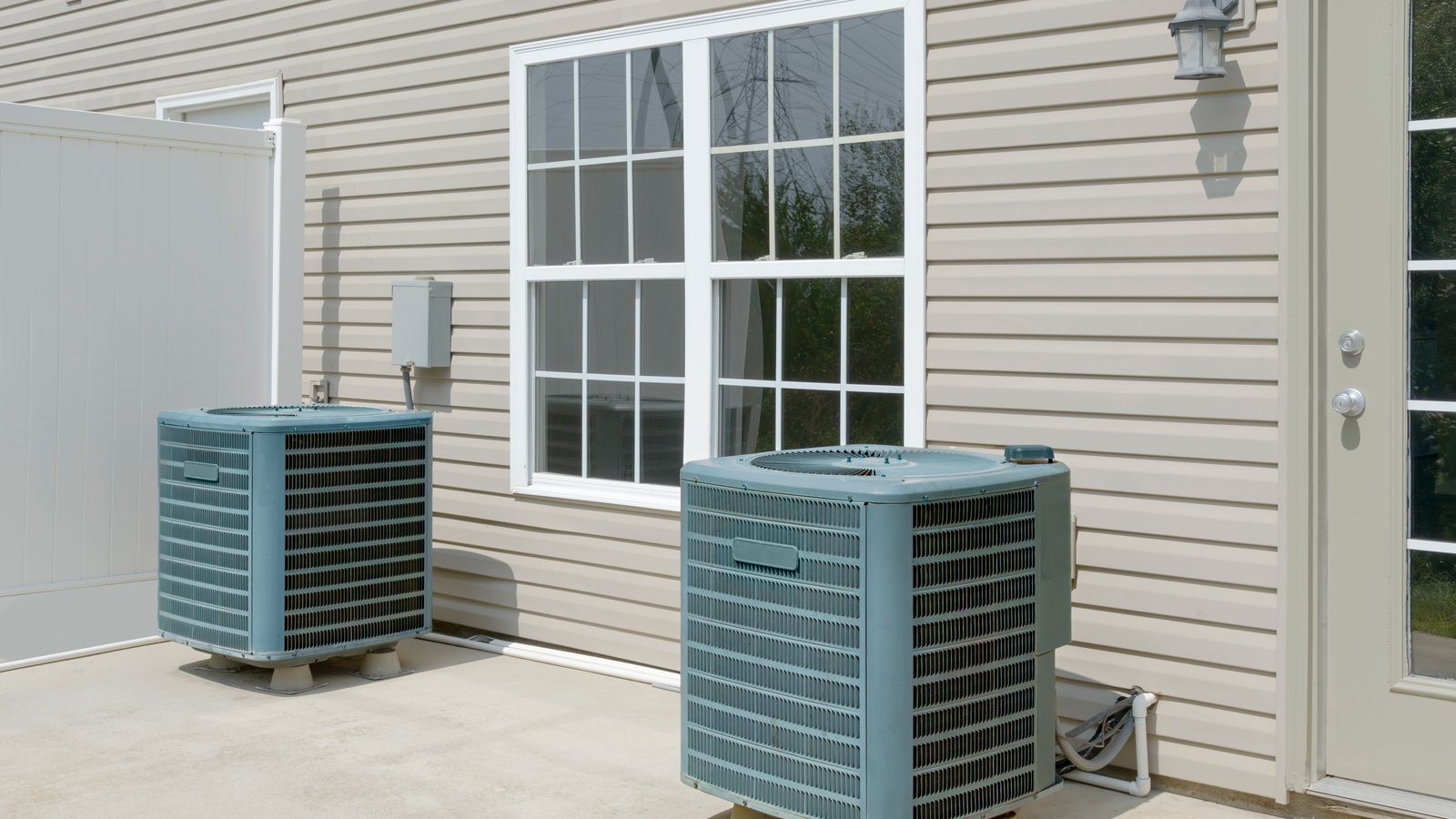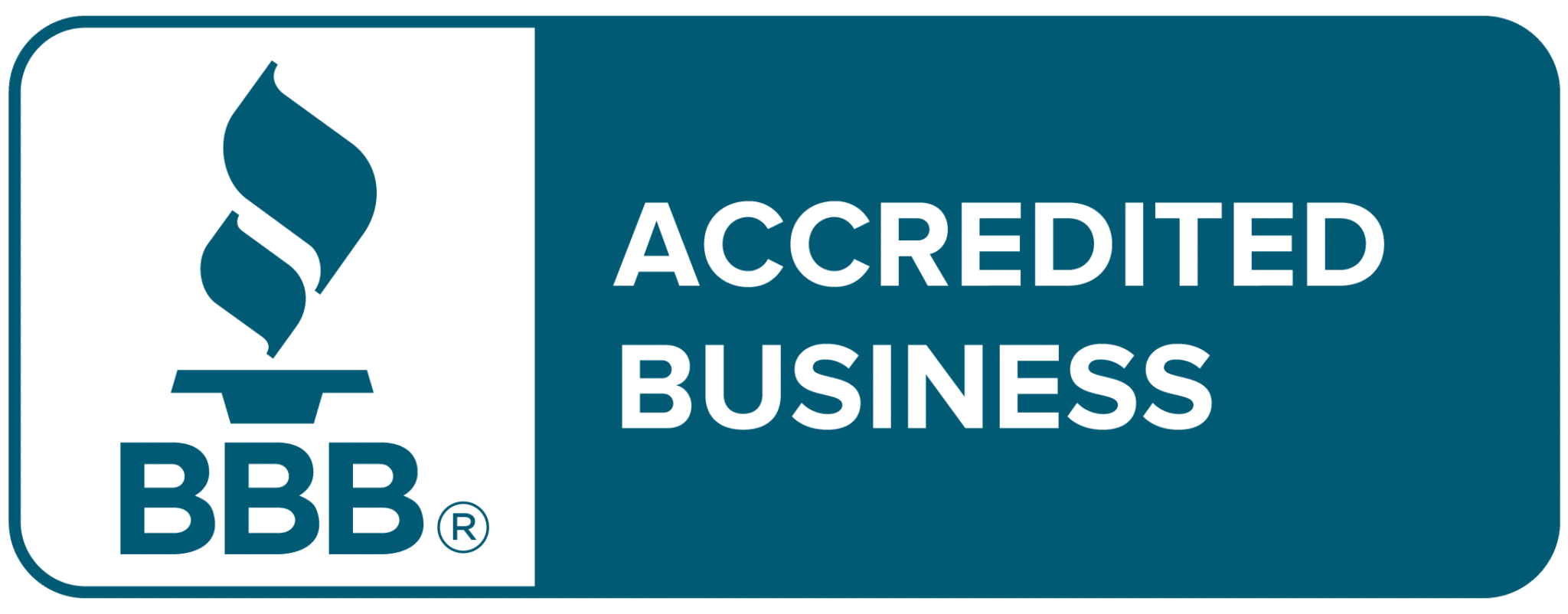Winter is here, and Spokane’s freezing temperatures are already settling in. Now is the time to make sure your home stays warm and your furnace is up to the task. The last thing you need is an unexpected breakdown when temperatures drop below freezing.
At Mainstream Electric, Heating, Cooling & Plumbing, we know how critical a well-functioning furnace is during these harsh winter months. With over 20 years of experience serving Spokane and Northern Idaho, we’ve seen firsthand how a little maintenance now can prevent big headaches later.
Keeping your furnace running smoothly doesn’t have to be complicated. By staying ahead of common issues, you can avoid costly repairs, lower energy bills, and ensure steady, reliable heat all season long. In this guide, we’ll walk you through the most common furnace problems, how to spot them early, and what you can do to stay warm and worry-free this winter.
Understanding How Your Furnace Works
A furnace works hard to keep your home warm and comfortable. It starts with the thermostat, which tells the furnace to turn on when the indoor temperature drops below the set level. Cold air is pulled in, heated with a burner or heating elements, and then pushed through the home by a blower motor. This warm air travels through ducts and vents, keeping each room cozy.
Like any machine, a furnace needs upkeep to run efficiently. Dust, debris, and worn-out parts can reduce performance and lead to unexpected problems. Annual inspections and simple tasks like changing the filter can make a big difference in preventing issues.
7 Common Furnace Issues
1. Furnace Not Turning On
Few situations are more frustrating than cranking up the thermostat on a chilly day only to find the furnace unresponsive. Thermostat problems are often to blame. Make sure it’s set to “Heat” and the temperature is at least five degrees higher than the room’s current temperature. If nothing happens, try replacing the batteries or gently cleaning out any dust inside the unit.
Power issues can also stop the furnace from working. Check your home’s electrical panel for a tripped circuit breaker and ensure the furnace switch is on. Additionally, older furnaces may rely on a pilot light, while newer ones use an electronic igniter. If the pilot light is out or the igniter is faulty, the furnace won’t produce heat.
2. Furnace Running but Not Heating
When the furnace is running but the house is still cold, the problem might be a clogged air filter. A dirty filter restricts airflow, causing the furnace to overheat and shut down as a safety measure. Replacing the filter every 1–3 months can prevent this from happening.
Gas supply issues could also be the cause. Check that the gas valve is open and inspect the gas line for visible problems. If anything seems off, reach out to a licensed professional right away. Another possibility is a malfunctioning blower motor, which stops heat from circulating properly. Unusual sounds or weak airflow might signal a problem with the motor.
3. Furnace Blowing Cold Air
If the furnace blows cold air, it might be overheating and shutting down to protect itself. This often happens when airflow is restricted by dirty filters or blocked vents. Make sure vents are open and clear, and replace a dirty filter.
The thermostat fan setting could also be the issue. If set to “ON,” the fan runs nonstop, even when the furnace isn’t heating. Changing the setting to “AUTO” ensures it only runs when heat is being produced. A dirty flame sensor might also cause the burner to shut off too soon, leading to cold air. Cleaning the sensor can fix this.
4. Unusual Noises from the Furnace
Odd noises coming from the furnace often mean mechanical trouble. Rattling or banging might point to loose panels or parts, while whistling usually suggests airflow blockages.
Grinding or squealing noises are often linked to the blower motor. A worn blower belt or failing motor bearings can create these sounds. Addressing the problem early can save you from more expensive repairs later.
5. Strange Smells When Operating the Furnace
Weird odors from the furnace can hint at underlying problems. A burning dust smell is common when turning on the furnace for the first time each season, but it should fade quickly. If it lingers, there might be electrical issues or overheating.
A rotten egg smell signals a gas leak and requires immediate action. Leave your home and contact your gas utility provider right away. Musty smells are often caused by mold or mildew in the ductwork, which can be resolved by cleaning the ducts and fixing moisture problems.
6. Frequent Cycling On and Off
When the furnace frequently turns on and off, short cycling may be the cause. Thermostat malfunctions, dirty filters, or even an oversized furnace can trigger this issue. Faulty thermostats might send incorrect temperature readings, while clogged filters can lead to overheating and shutdowns.
An oversized furnace, on the other hand, heats the home quickly but shuts off before completing a full cycle. This can drive up energy bills and wear down the system faster. An HVAC technician can determine if the furnace is the right size for your home.
7. Issues Specific to Attic Furnaces
Furnaces located in attics face unique challenges. Extreme attic temperatures might lead to condensation or freezing problems, while poor insulation can cause heat loss and lower efficiency.
Since attic furnaces are harder to access, routine maintenance can be tricky. Proper insulation and regular inspections can help address these challenges.
How to Avoid Furnace Issues
Regular Maintenance Practices
Simple care can keep furnace troubles at bay. Replace the filter every 1–3 months to maintain airflow and reduce the strain on the system. Schedule inspections with a professional once a year, ideally before winter hits.
Keeping vents and registers free of dust and obstructions ensures steady airflow, improving efficiency and reducing wear on the furnace.
Be Mindful of Furnace Usage
Avoid overloading the furnace by setting the thermostat to a reasonable level, even in extreme cold. Pay attention to early warning signs like unusual sounds, strange smells, or performance issues, and address them promptly to avoid bigger problems.
Safety Considerations
Install carbon monoxide detectors throughout your home to catch any dangerous gas leaks. Keep exhaust vents clear from debris or snow to ensure proper ventilation. These measures can protect your home and family.
Your Comfort Is Our Priority
At Mainstream, we understand that a well-functioning furnace is crucial to keeping your home warm and comfortable, especially during the cold Spokane winters. Our experienced technicians are available 24/7 to help you with any furnace issues you may encounter, from routine maintenance to emergency repairs. We believe in providing reliable, professional service to ensure your heating system is always ready to keep you and your family cozy.
With our Service Partner Plan, you can enjoy the peace of mind that comes with regular furnace maintenance, priority service, and exclusive discounts on repairs. By catching potential problems early, you can avoid more costly breakdowns and extend the life of your furnace.
Don’t let furnace troubles leave you in the cold this winter. Trust the experts at Mainstream to keep your heating system running smoothly. Contact us today at (509) 237-6483 to schedule your furnace maintenance or repair, and experience the difference of working with a team that truly cares about your comfort.
We are Heating. We are Mainstream.
